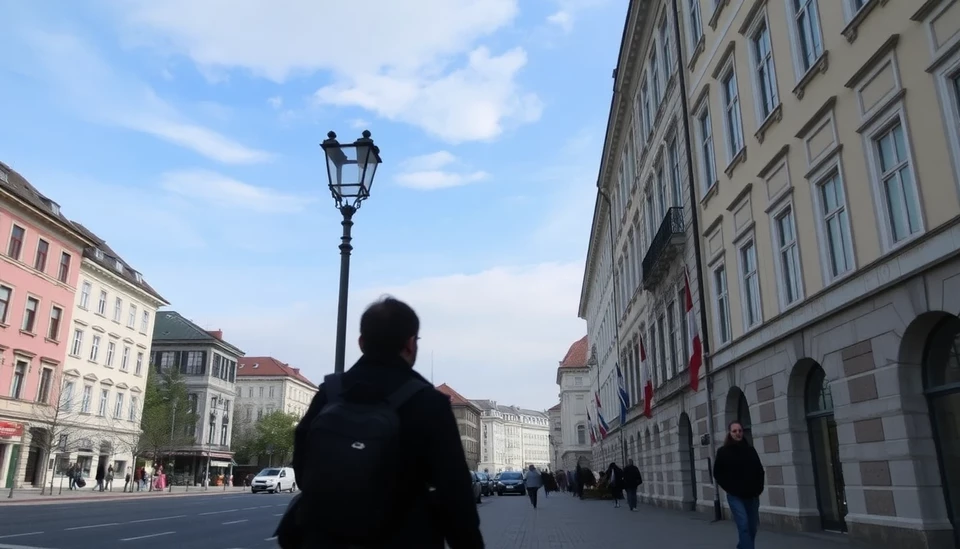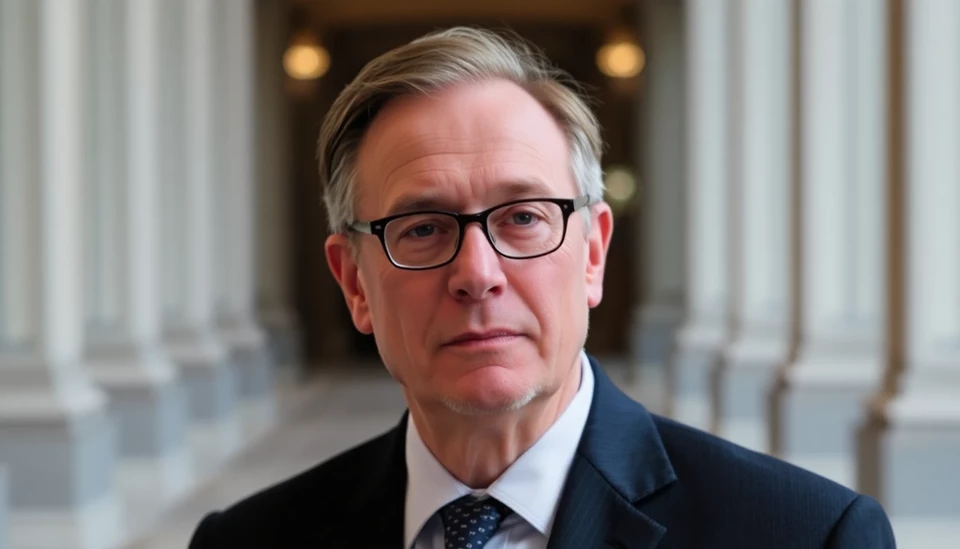
In a significant policy shift, Austria has announced a halt to new asylum applications from individuals seeking refuge from the ongoing crisis in Syria. This development comes on the heels of a broader strategy aimed at identifying and deporting those migrants whose asylum appeals have been denied.
The Austrian government, invoking national security concerns and the need for effective border management, justified its decision as a necessary measure to control migration flows. Interior Minister Gerhard Karner emphasized that the country is facing challenges related to the increasing number of asylum seekers and the strain it places on public resources.
Karner stated that the decision would be in effect until further notice and will primarily focus on individuals from Syria who are attempting to enter the country. This move has raised eyebrows among human rights organizations and activists, who argue that it undermines Austria's commitments to international asylum laws and the protection of vulnerable populations.
The policy shift reflects a growing trend among European countries, reacting to heightened political pressures stemming from public concerns around immigration. The Austrian government has reiterated its stance that it will prioritize the deportation of rejected asylum seekers, signifying a tougher approach towards migration.
Austrian officials have been clear that those currently living in Austria under a protection status are not affected by this new policy. However, it remains to be seen how this decision will impact the wider community of asylum seekers already in Austria and those still hoping to enter the country for safety.
Human rights groups have responded critically to this measure, arguing that it not only disregards the dire humanitarian situation in Syria but also places vulnerable individuals at further risk. They warn that halting new asylum requests might push desperate individuals into risky and illegal means of entry into Austria, potentially exacerbating the very issues the government aims to mitigate.
This decision from Austria marks a notable moment within the context of European asylum and migration policy, showcasing a nation that is increasingly prioritizing border control over humanitarian considerations. Observers are now wondering what this means for the future of asylum seekers in the EU, particularly in light of ongoing conflicts and crises worldwide.
As this news unfolds, many are left questioning the balance between national security and compassion for those fleeing violence and persecution. The international community is watching closely to see how Austria will implement these changes and what implications they may have for the asylum landscape in Europe as a whole.
With discussions around asylum and migration more prominent than ever, Austria’s recent policy decision might serve as a precedent for other nations grappling with similar challenges. The coming weeks and months will likely provide more clarity on the consequences of this bold move.
In the meantime, public reactions remain mixed, with many advocating for a reassessment of policies that prioritize the rights and safety of asylum seekers during an unpredictable global climate.
#Austria #Asylum #Syria #Deportation #HumanRights #MigrationPolicy #EuropeanUnion
Author: Rachel Greene




